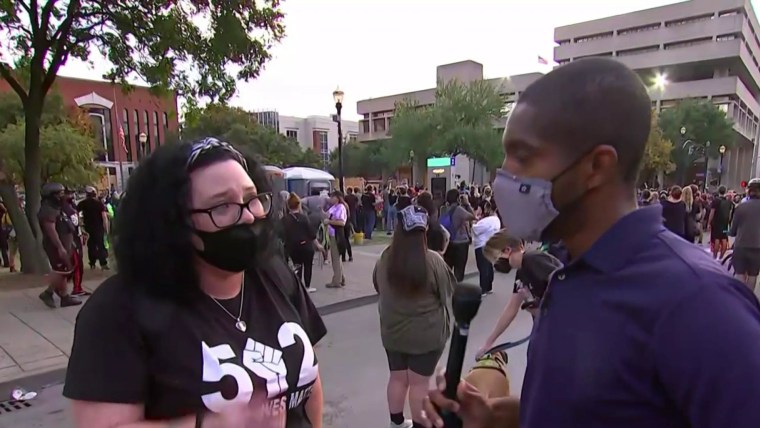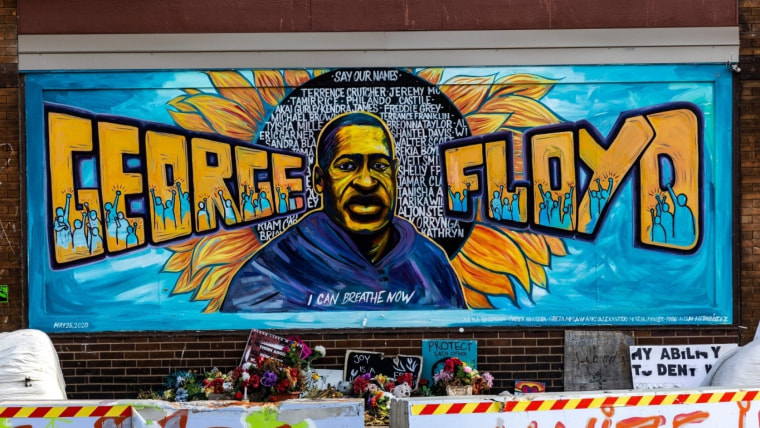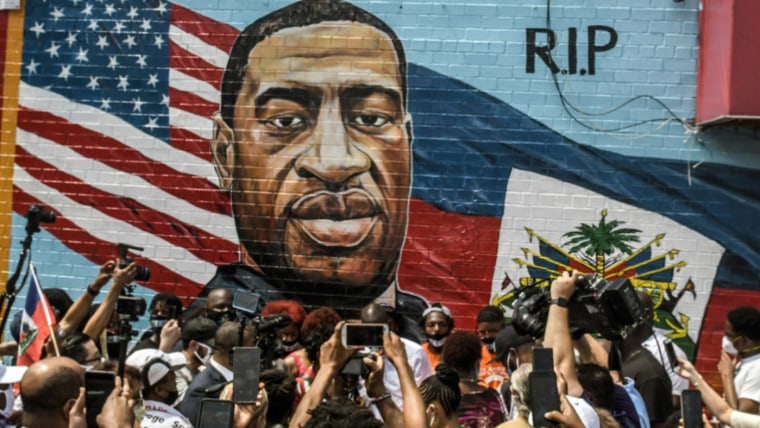I was sworn in as the first-ever community safety commissioner for Minneapolis in August 2022. I began that role more than two years after Derek Chauvin, a white police officer in that city, murdered George Floyd by kneeling on his neck and back for more than nine minutes and more than a year after a jury convicted Chauvin of second- and third-degree murder and second-degree manslaughter.
DOJ found that the police department was using excessive force, including unjustified deadly force.
My mission was to oversee and integrate five departments: 911, the city fire department, emergency management, police, and neighborhood safety (formerly the Office of Violence Prevention). I set as my goal the development of “a more effective, integrated approach to public safety,” to include a comprehensive 21st-century safety strategy.
While I believe I laid a foundation for improvement and achieved marked crime reduction, my administration faced institutional resistance and generally inadequate resources. I retired in September 2023 not long after the Justice Department announced its findings that the Minneapolis Police Department and the city of Minneapolis had committed and were committing civil rights violations. DOJ found that the police department was using excessive force, including unjustified deadly force and unreasonable use of stun guns; unlawfully discriminating against Black people and Native American people; and violating the rights of people engaged in protected speech.
The Justice Department also found that Minneapolis, when responding to calls for assistance, had discriminated against people with behavioral health disabilities.
In January 2025, before President Joe Biden left office, Minneapolis and its police department cooperated with the DOJ in accepting a consent decree to guide the city’s and the department’s efforts toward reform and restorative justice. But last week, President Donald Trump’s DOJ invalidated not only the consent decree in Minneapolis, but also one with the Louisville Metro Police Department (and Louisville/Jefferson County metro government) that was hammered out in 2024, more than four years after police there wrongly killed Breonna Taylor.
The DOJ also announced that it’s ending investigations into policing in Phoenix; Trenton, New Jersey; Memphis, Tennessee; Mount Vernon, New York; Oklahoma City; and the Louisiana State Police.

Astoundingly, Harmeet Dhillon, Trump’s assistant attorney general in charge of civil rights, didn’t dispute the findings underpinning either consent decree. She simply characterized them as “overbroad” and said such agreements “divest local control of policing from communities where it belongs, turning that power over to unelected and unaccountable bureaucrats, often with an anti-police agenda.”
Dhillon continued: “Today, we are ending the Biden Civil Rights Division’s failed experiment of handcuffing local leaders and police departments with factually unjustified consent decrees.”
There’s a synonym for such verbiage: garbage. To be more specific: toxic garbage.
Without mutual trust and respect, local police agencies are bound to fail.
I have devoted the better part of my life to police work and public safety. I am a firm believer in community policing, the cooperation between local law enforcement and the people of the local community it serves. The argument that dismissing the consent decrees will improve law enforcement by “returning” it to local control is mistaken. In fact, this action will reduce the effectiveness of local policing, which has enjoyed a fruitful partnership with federal law enforcement. Even worse, it will weaken the bonds between local police agencies and the communities because members of those communities will feel they have no place to seek justice when their local force violates their civil rights. Without mutual trust and respect, local police agencies are bound to fail.
We can presume that Dhillon is articulating the Trump administration’s view of justice. Such a view, however, is either the product of ignorance of the constitutional foundation of American law, or it is a willful denial of that foundation. Whatever the cause, the decision to invalidate the consent decrees is outrageous and terrifying.

Pushing back on Dhillon’s assertion that the consent decrees were unwarranted and a reflection of anti-police bias, Kristen Clarke, who led the Civil Rights Division before Dhillon did, said: “To be clear, [the] investigations [on which the consent decrees were founded] were led by career attorneys, based on data, body camera footage and information provided by officers themselves, and the reforms set forth in consent decrees were carefully negotiated with the full support of law enforcement leaders and local officials.”
Every community in the United States is subject to the rights and responsibilities set forth in the Constitution and in the laws that flow from the Constitution. A violation of civil rights is a crime whether it is committed in a blue, red or purple state, in Minneapolis or Louisville. It is a self-evident truth and the entire sum and substance of democracy. It cannot be twisted with fatuous words into something else.
As an American and as a longtime American peace officer, I feel a combination of shame, disgust and disbelief that the Justice Department would abdicate its role in making law enforcement agencies follow the Constitution. We, as Americans, simply cannot consent to this.
